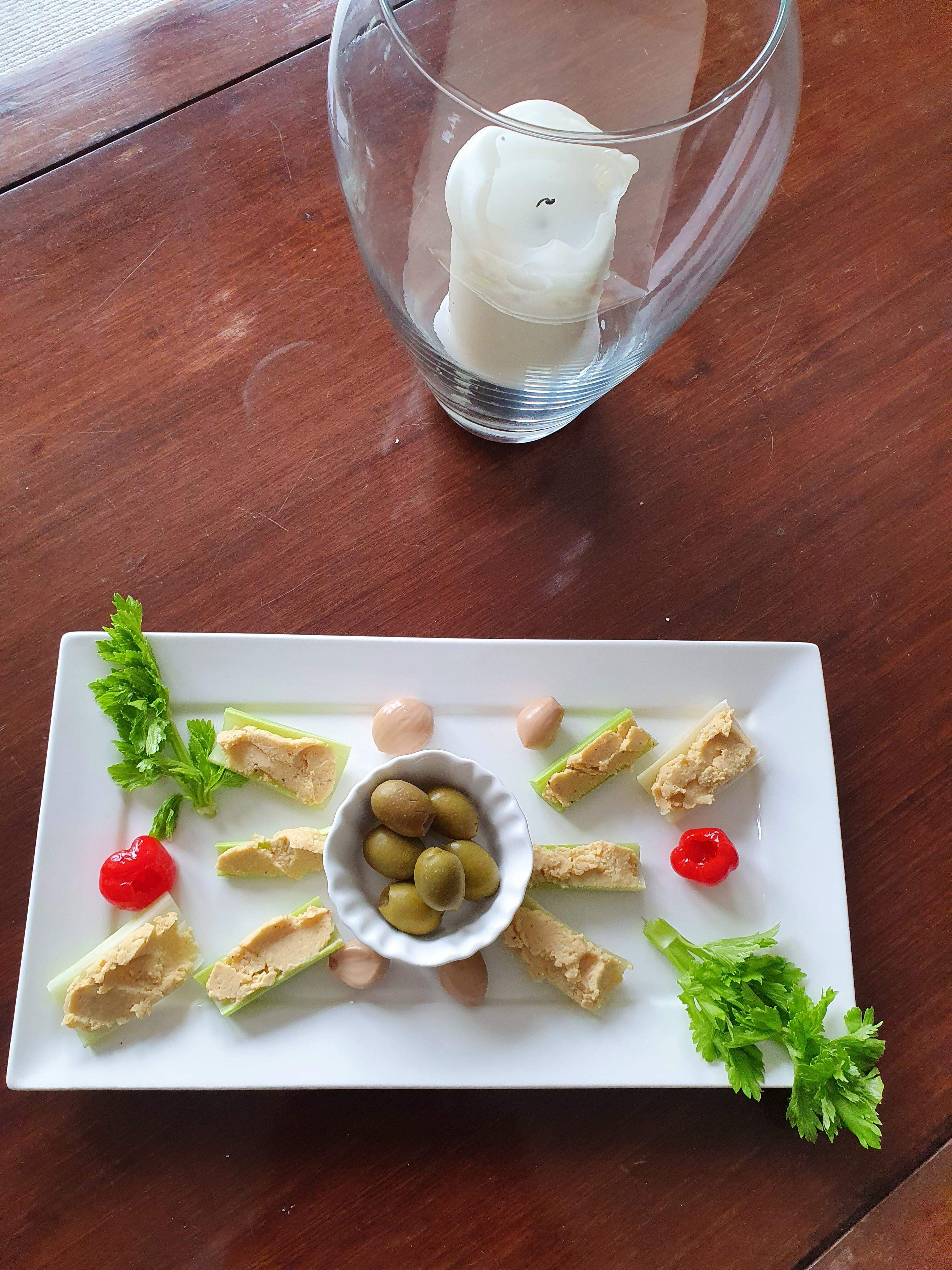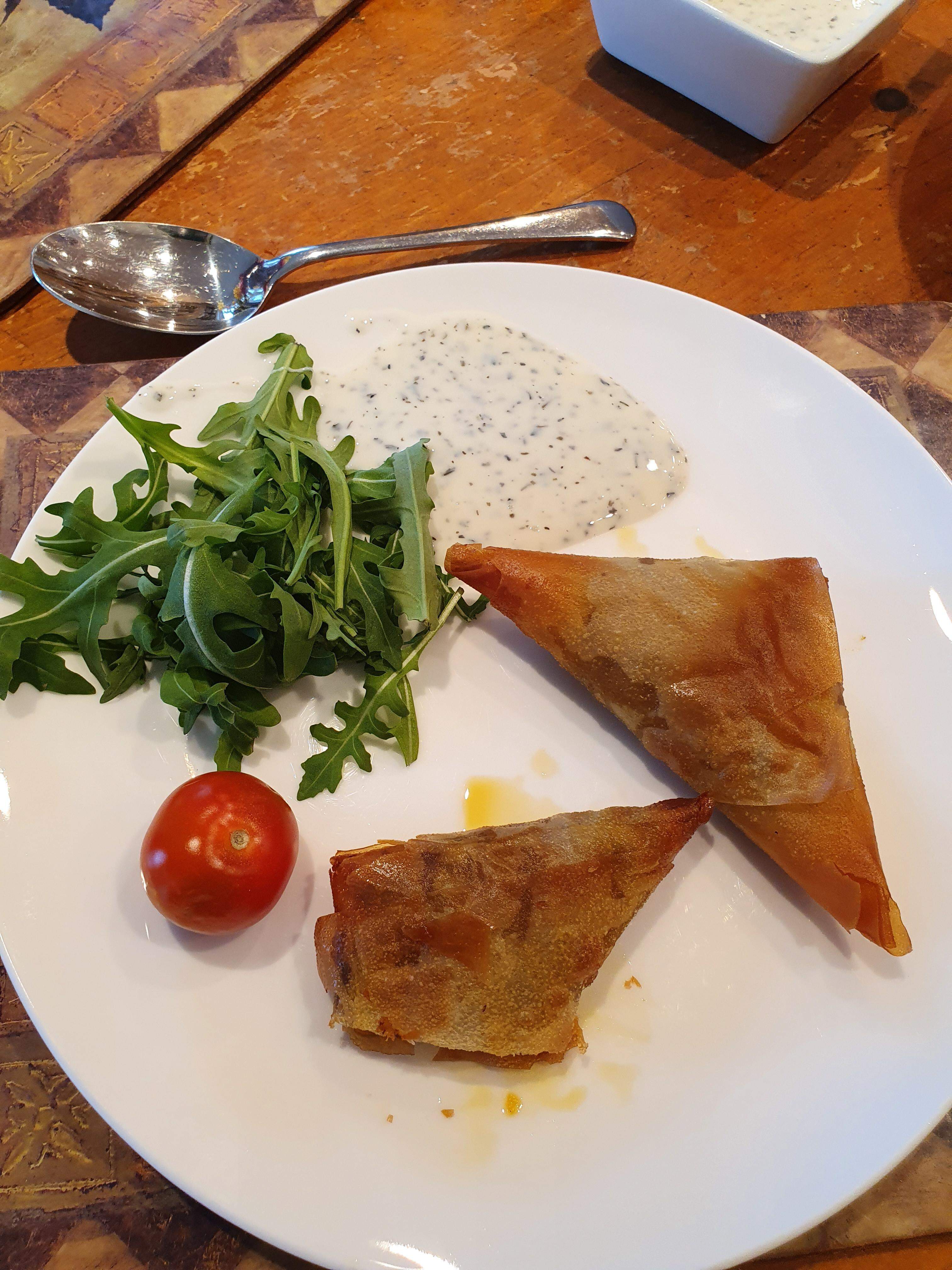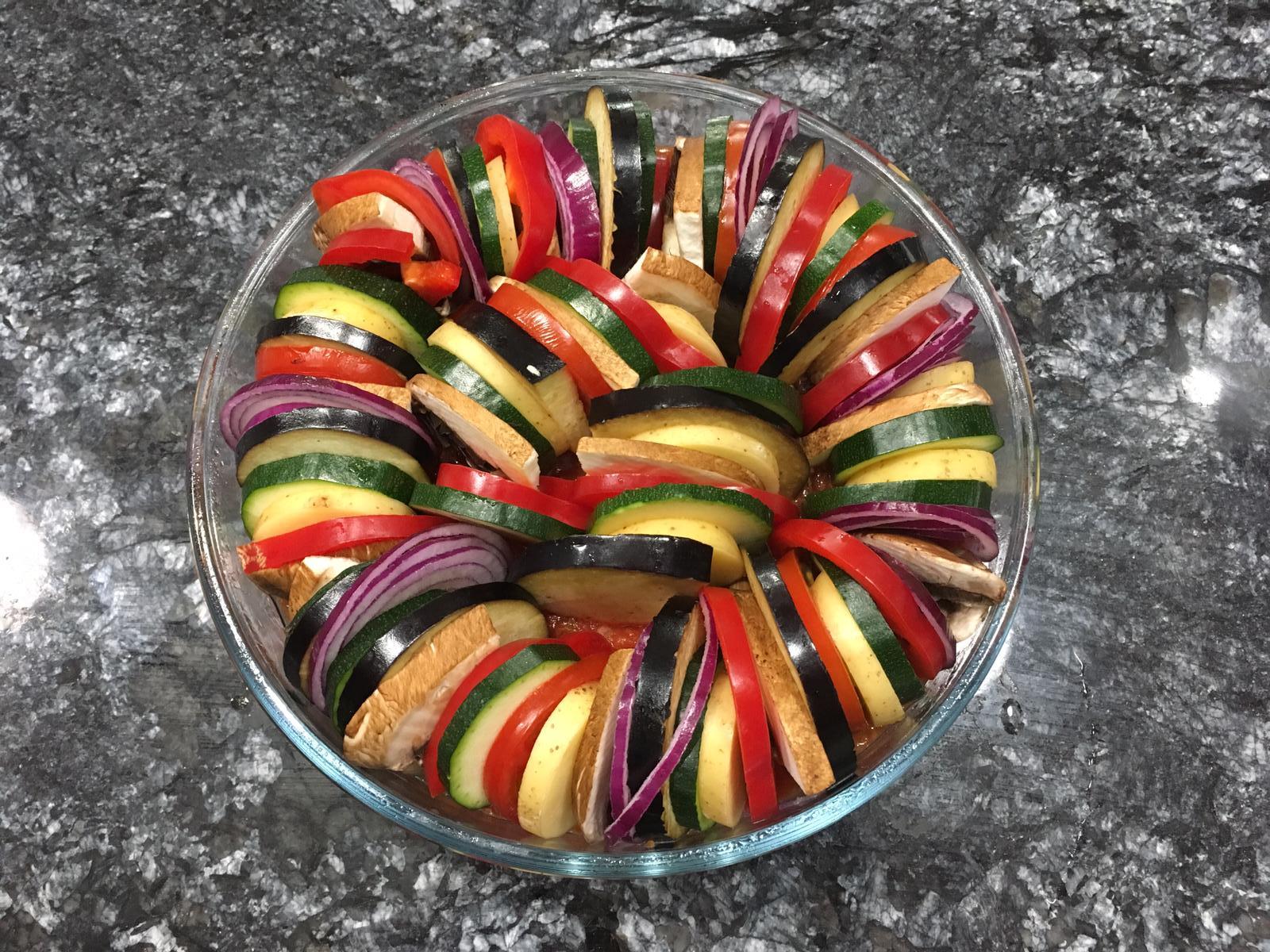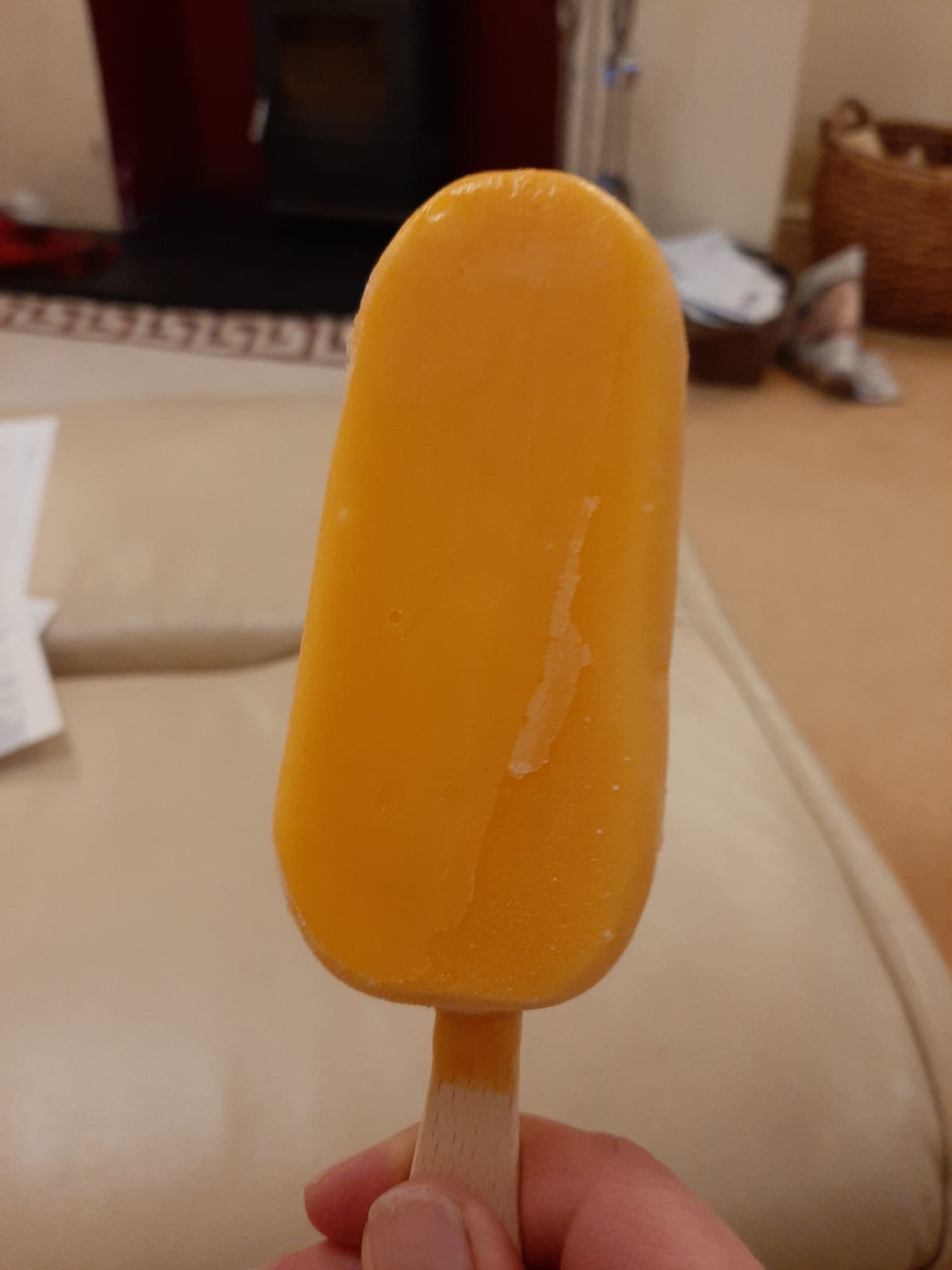Diets
Diet refers to what we consume
What we eat and drink or not, may be determined as a matter of choice and preference or through medical or health needs or as a result of religious observance.
Low Glycaemic Index High Energy
Eat for endurance.
Macrobiotic
Combines certain tenets of Zen Buddhism with a vegetarian diet and supports a balance of yin and yang’s oppositional forces
Mediterranean
Focuses on small portions of nutritionally-sound food
Pescatarian
Seafood and fish dishes all year round.








